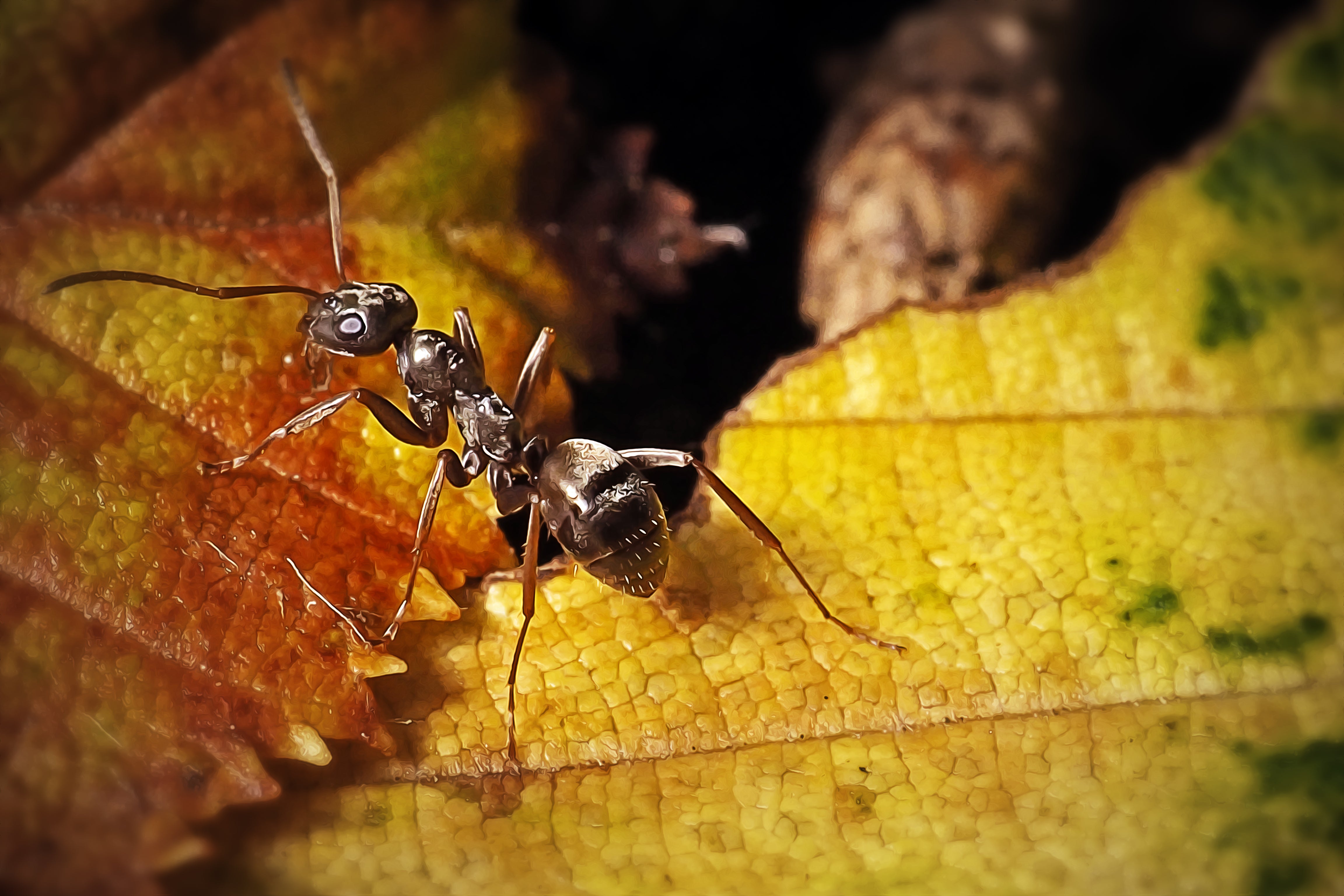
Ants don’t have noses. Thanks to the abundance of olfactory receptors on their antennae, insects have an incredible sense of smell, which they can use to detect tumors.
Cancerous tumors release specific chemicals called volatile organic compounds. This chemical is often found in bodily fluids such as sweat and urine, as well as in exhaled breath. Ants can sniff out these compounds in their urine, according to a new study published in. Proceedings of the Royal Society BThe insects could be used as an inexpensive, non-invasive method of cancer detection in the future, the study authors said.
“It’s an exciting direction,” says Devasit Saha, a biomedical engineer who experimented with cancer-detecting locusts at Michigan State University and was not involved in the new research. He adds that exploiting insect biology is a “new and very powerful approach for disease detection.”
Baptiste Piqueret, an animal behaviorist at the Sorbonne Paris Nord University and lead author of the study, already knew that ants can detect volatile organic compounds wafting from cancer cells.He previously discovered that ant seeds could be trained formkavska To distinguish between cancer cells and healthy cells grown in culture. Now he’s taking his research a step further by using real tumors.
Piqueré and his team started by transplanting human breast cancer tumors into mice and growing them. This is a technique called xenotransplantation. Urine was then collected from both tumor-bearing and healthy mice. By placing a drop of sugar water in front of the urine of cancer animals, the researchers trained ants to associate the smell of the tumor with the reward. When the team removed the sugar water, the insects were searching for sweet treats, so they stayed around the pee of cancerous mice about 20% longer than healthy mice.
It took about 10 minutes total for three training sessions to establish the ant smell association. This is considerably less time than it takes, for example, about six months to train a dog that smells of cancer. “This is something we didn’t expect, so fast,” he said.
Globally, cancer causes approximately 1 in 6 deaths and is the leading cause of death. Early detection is a key factor for successful treatment, but current screening methods can be invasive or inaccessible due to cost. While the potential for early detection tools using ants is intriguing, Piquere stresses that the study is only a proof of concept. Compared to the highly controlled laboratory environment with mouse subjects, real patients introduce many variables, such as age, gender and diet, that can influence the outcome. And the tumors detected in the new study were proportionately larger in mice. Use it to expand your research.
Piqueré, on the other hand, doesn’t need to worry about ants crawling all over his body for science’s sake, he said. In the future, if ants were adopted as cancer detectors, patients would provide urine samples, which ants would be able to analyze in a separate laboratory.










